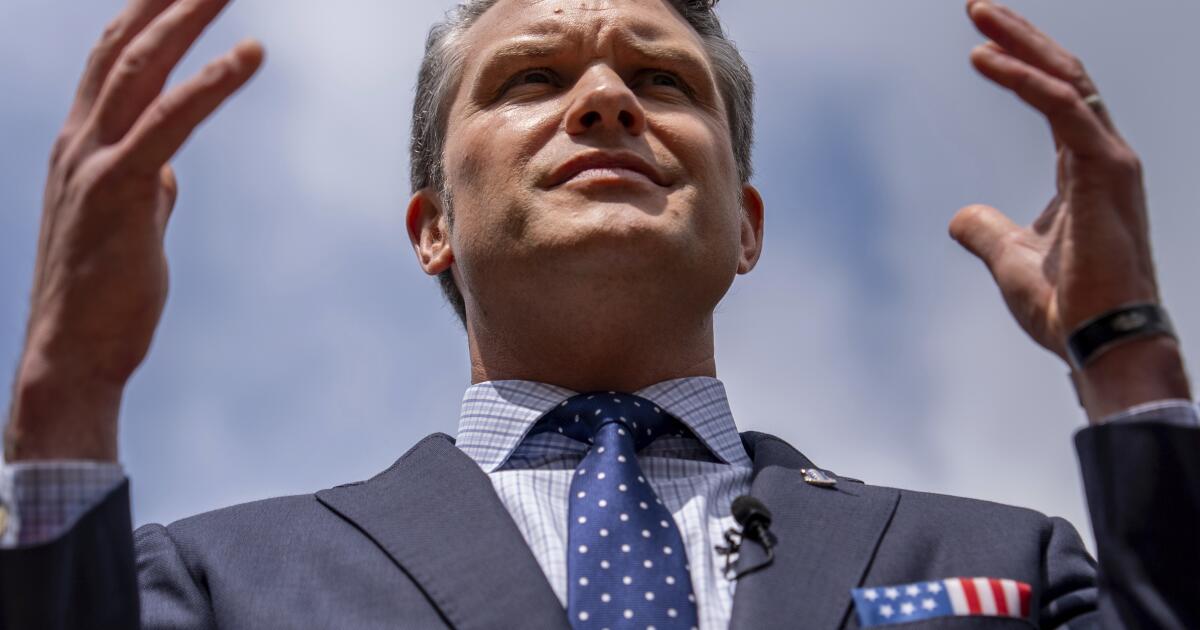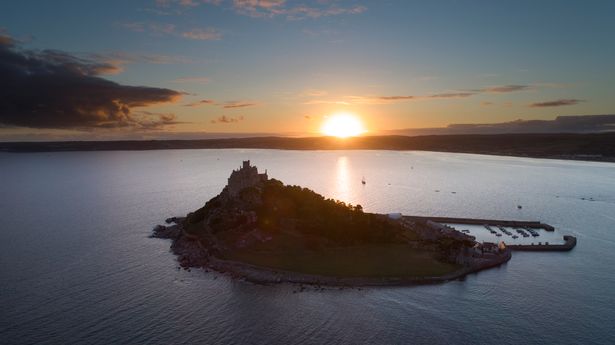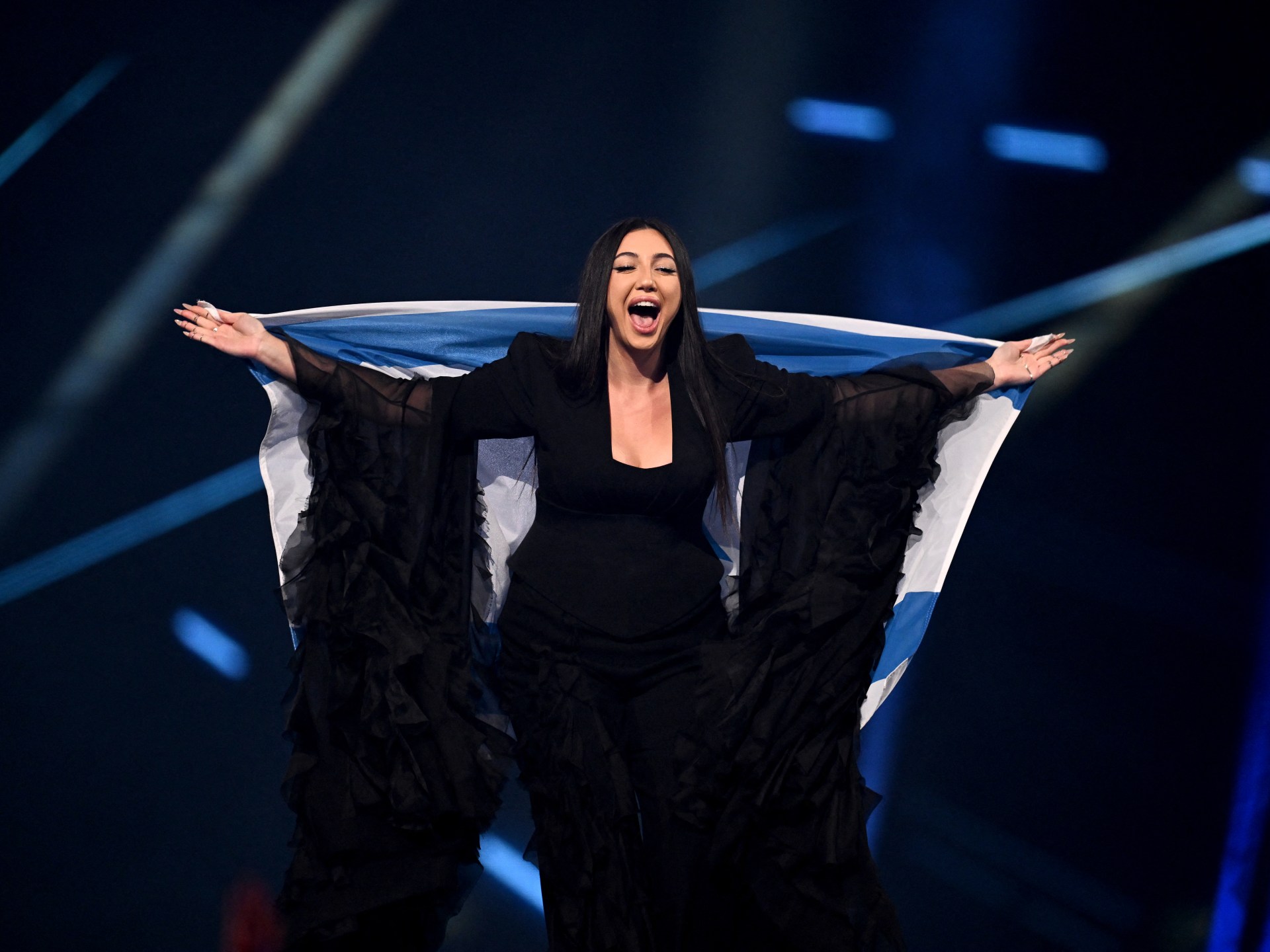Enveloped in a rich history and surrounded by sub-tropical gardens, Brits can actually walk from the beach over to this stunning island in just 15 minutes during low-tide
An ‘enchanting’ island set back from golden beaches and cobalt waters feels worlds away from the UK, but is just half a mile from the mainland. Often touted as a dupe of the iconic Mont Saint-Michel in Normandy, France, this tiny isle wouldn’t look out of place in the balmy waters of the Mediterranean. Instead, it lies in Mount’s Bay near Penzance, Cornwall, in England’s unspoilt south coast.
Crowned by its iconic medieval church and castle, Saint Michael’s Mount – home to the St Aubyn family as well as a small community – is steeped in history, with the oldest buildings dating back to the 12th century. Inside the castle, you’ll be able to spot a piece of Napoleon’s coat worn at the Battle of Waterloo, a Samurai Warrior suit of armour, the sofa where Queen Victoria sat, and many more fascinating artefacts.
READ MORE: Beautiful UK seaside village with 15-miles of beach and ‘best’ holiday park
“Immerse yourself in history, wonder at the architecture and discover the legend of Jack the Giant Killer,” says Visit Cornwall, the area’s official tourist board. “You can also explore the sub-tropical terraced garden and enjoy breathtaking views of Mount’s Bay.”
Tickets are required to visit the island from April 13 all the way until September 12. Getting into the castle, which proudly perches atop the rocky hill, costs £16 for an adult and £8 for a child – while entrance to the gardens costs £12 and £6, respectively. There are also deals available for families, while children under five can enter both attractions for free.
You can book a boat crossing over to the island, which costs just £3.20 for adults and £1.60 for those under 16. The journey only takes around five minutes, but passengers should arrive at the boat landing 30 minutes before their departure time.
However, during low tide it is actually possible to walk across the causeway and reach the island on foot. The causeway – which begins on Marazion Beach – is only open for around four hours each day, depending on the weather, and takes around 15 minutes to walk.
Located just over 300 miles from central London, it takes almost five hours to drive from the Big Smoke to Marazion. Alternatively, you can get a direct train from London Paddington to Penzance, which takes roughly the same amount of time – but is great for those without a car.
If you’re flexible with dates, you can grab single adult fares for around £70.50. After disembarking at Penzance, you’ll have to get a 16-minute taxi ride over to Marazion, or catch the U4 bus towards Helston and Falmouth, and get off at Chymorvah.
After the long journey, you may want to stay in Marazion overnight, which could be quite costly due to its high demand. For example, a weekend’s stay (Friday, August 29-31) at the Godolphin Hotel will set you back a whopping £771. This is based on two adults sharing a Double Room with a balcony.
For a much more affordable stay, check out the Marazion Hotel. Located right in front of Saint Michael’s Mount. Featuring stylish rooms, a bar, and a restaurant, this stunning accommodation costs £442 on the exact same nights.
*Prices based on Trainline and Booking.com listings at the time of writing.
Do you have a story to share? Email us at [email protected] for a chance to be featured.






![St. Michael's Mount', circa 1896. From Pictorial England and Wales. [Cassell and Company, Limited, London, Paris & Melbourne, circa 1896]. Artist Frith & Co. (Photo by The Print Collector/Getty Images)](https://www.occasionaldigest.com/wp-content/uploads/2025/07/1753076900_320_Beautiful-UK-island-you-can-walk-to-looks-belongs-in.jpg)

